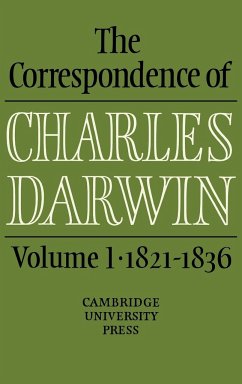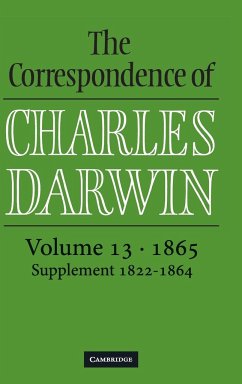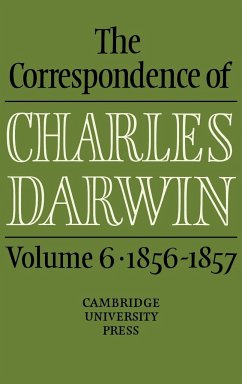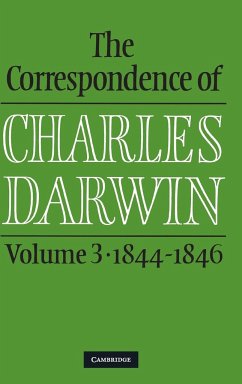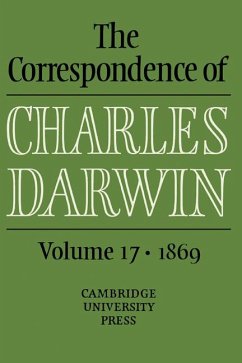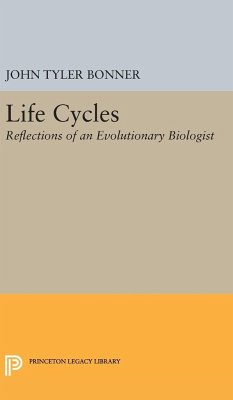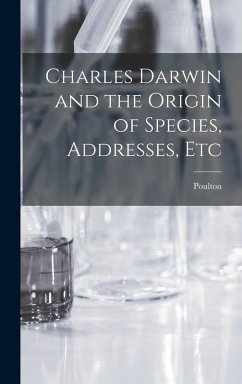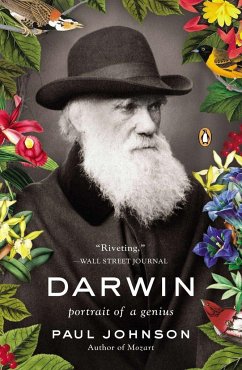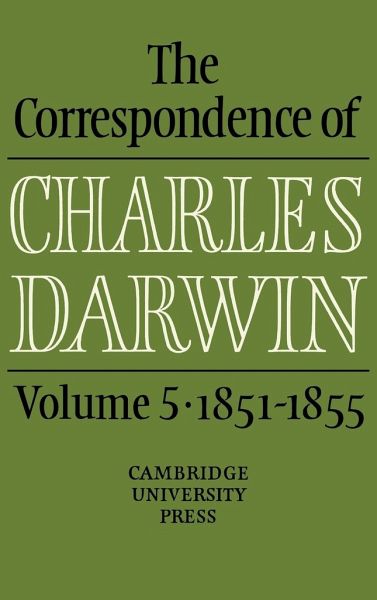
The Correspondence of Charles Darwin
Volume 5, 1851 1855
Herausgeber: Smith, Sydney
Versandkostenfrei!
Versandfertig in 1-2 Wochen
144,99 €
inkl. MwSt.

PAYBACK Punkte
72 °P sammeln!
The correspondence in this volume reveals the two sides of Darwin's life in a new intensity. It opens with a tragedy, the death of Darwin's oldest and best loved daughter, Anne, and goes on to show how Darwin sought relief from his loss through his work, with a single-minded but increasingly weary commitment to the completion of his cirripede monographs. In September 1854, as soon as the final proofs of the last barnacle volume had been returned to the printer, Darwin threw himself into a resumption of his species work. He followed up old ideas by initiating new experiments and establishing a ...
The correspondence in this volume reveals the two sides of Darwin's life in a new intensity. It opens with a tragedy, the death of Darwin's oldest and best loved daughter, Anne, and goes on to show how Darwin sought relief from his loss through his work, with a single-minded but increasingly weary commitment to the completion of his cirripede monographs. In September 1854, as soon as the final proofs of the last barnacle volume had been returned to the printer, Darwin threw himself into a resumption of his species work. He followed up old ideas by initiating new experiments and establishing a worldwide correspondence that encompassed geographical distribution, variation, and plant and animal breeding. The wealth of letters through 1855 makes evident the frenzy of intellectual activity that followed Darwin's terse announcement in his diary: "Sept. 9th (1854) began sorting notes for Species Theory..." These letters are indispensable for the Darwin scholar both historically and biologically, while they provide the general reader with a fascinating look at the scientist at work.





